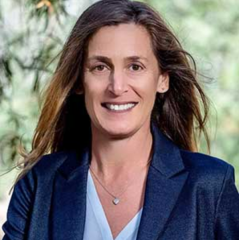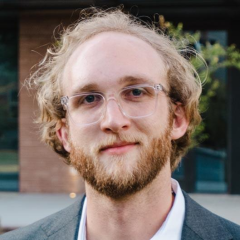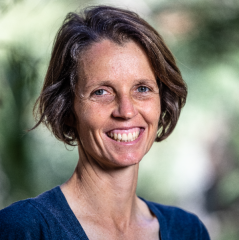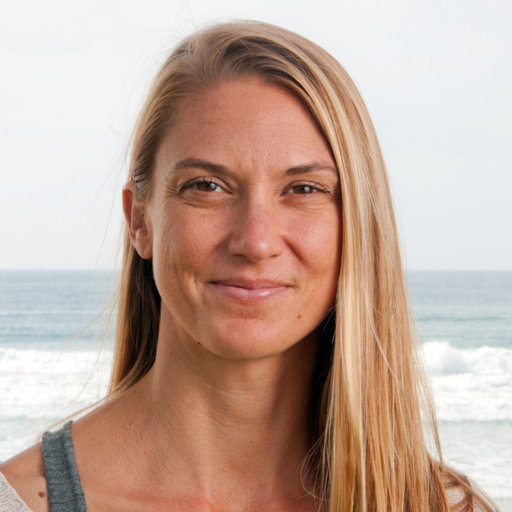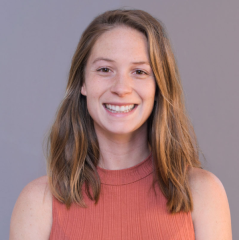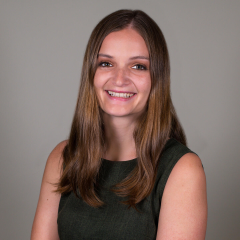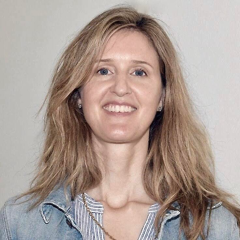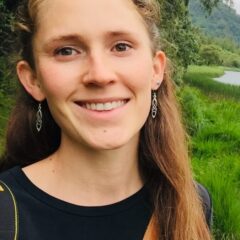Welcome
We are a close-knit community of transdisciplinary scholars making a tangible difference in conservation efforts across the globe. We champion actionable science by combining rigorous research with collaborative partnerships to inform effective conservation policies and practices.
Our lab, embedded in the ASU Center for Biodiversity Outcomes and School of Life Sciences, is committed to applying insights from the natural and social sciences to real-world applications. We work together to support research, education, and professional development goals.
As conservation scientists facing compounding ecological crises, we strive to cultivate hope, shape the future of conservation, and support a sustainable and resilient planet for future generations.
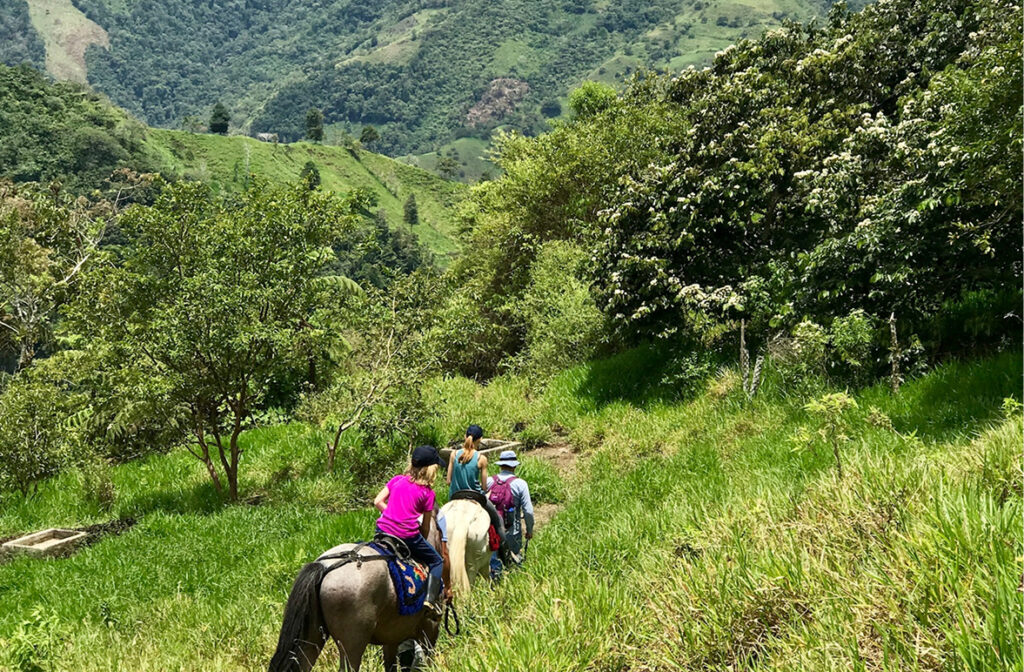
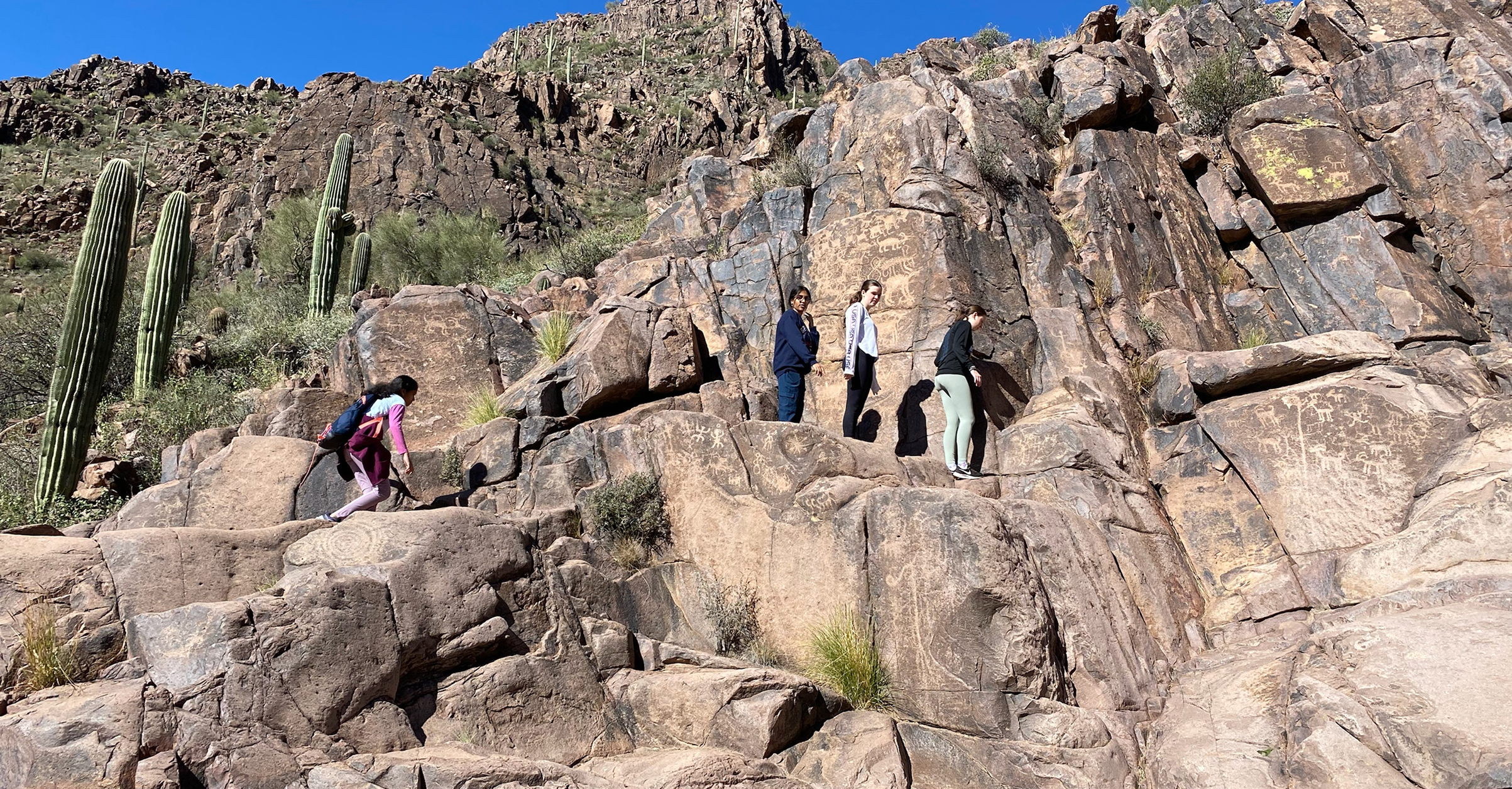
A culture of innovation
We aim to change the process and implementation of conservation science. A key challenge in 21st-century conservation science is a growing divide in how society perceives and values nature. We promote environmental interdependence by nurturing the human and natural systems that sustain us.
Aligning with ASU’s charter, we use a whole-of-society approach to science aimed at achieving societal outcomes, providing important foundational knowledge, and enabling students to become conservation champions.
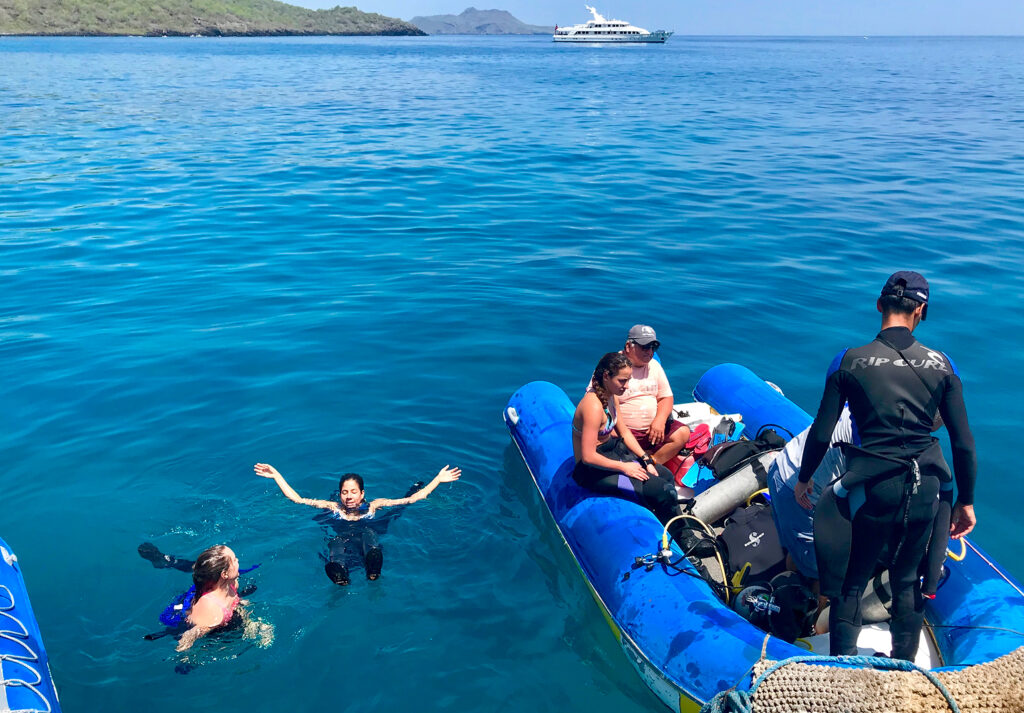
Leadership and communication
Increasingly, scientists with strong communication skills are moving into positions of leadership, engaging with society, and changing their institutions from within. Scientists must become envoys of global knowledge in order to catalyze effective solutions. Students in our lab obtain leadership and communication training to equip them to become agents of change.

Research themes
The Conservation Innovation Lab tackles research across a variety of themes, including:
- Actionable science
- Conservation impact evaluation
- Decision science
- Environmental policy
- Community science
- Ecosystem services
- Marine ecology
We engage our student researchersthrough the following approaches
Assessing
how knowledge plays a role in conservation decision-making.
Evaluating
risks and opportunities for accounting for biodiversity in the business sector.
Prioritizing
conservation investment in curbing biodiversity loss.
Developing
market-based approaches to wildlife conservation.
Understanding
the role of community science for conservation outcomes.
Student Projects
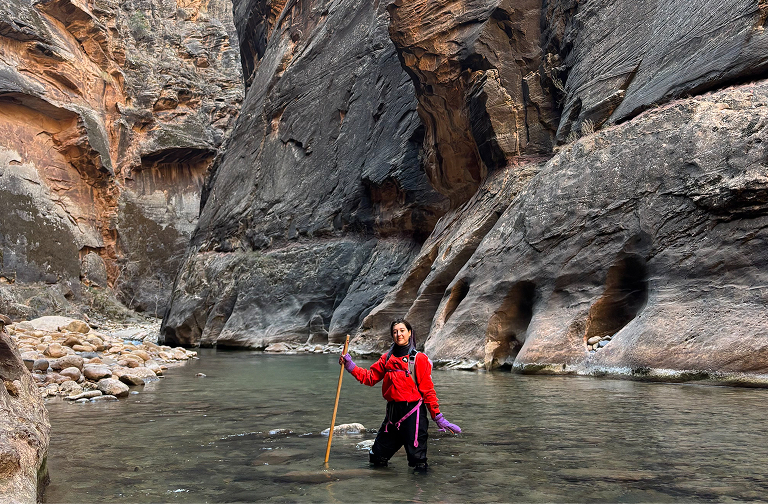
Metrics and frameworks for biodiversity
Alice Sansonetti is investigating ecosystem dynamics from a social-ecological-systems lens and developing a repeatable and adaptable decision-making framework to plan and execute restoration projects more effectively on a case-by-case basis.
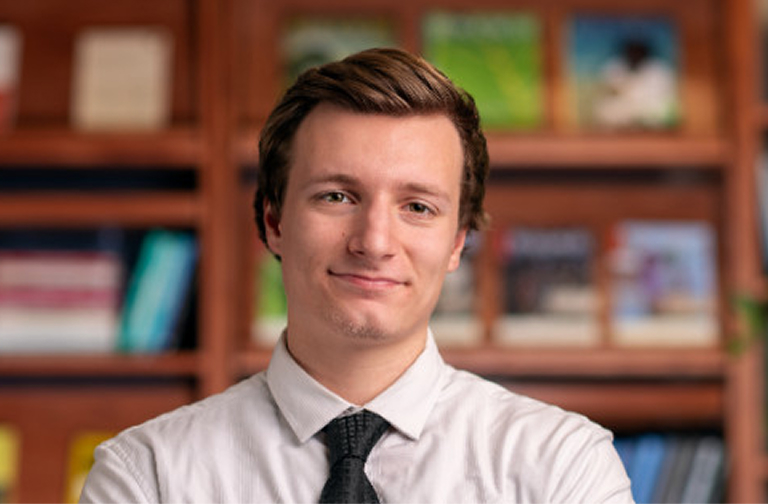
Impacts of environmental regulations and decision-making
Tyler Treakle is applying econometric and bioeconomic methodology to understand tradeoffs in land-use decision making, particularly in the context of environmental regulation and wildlife management influences on human wellbeing.
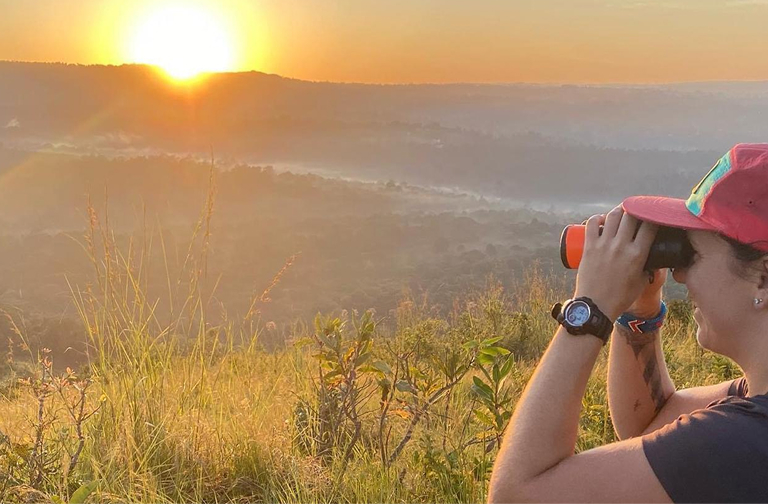
Conservation governance and environmental justice
Meredith Grady is examining how Indigenous peoples and local communities influence conservation by exploring who makes decisions about land and wildlife and how more inclusive governance can lead to fairer, more sustainable outcomes.
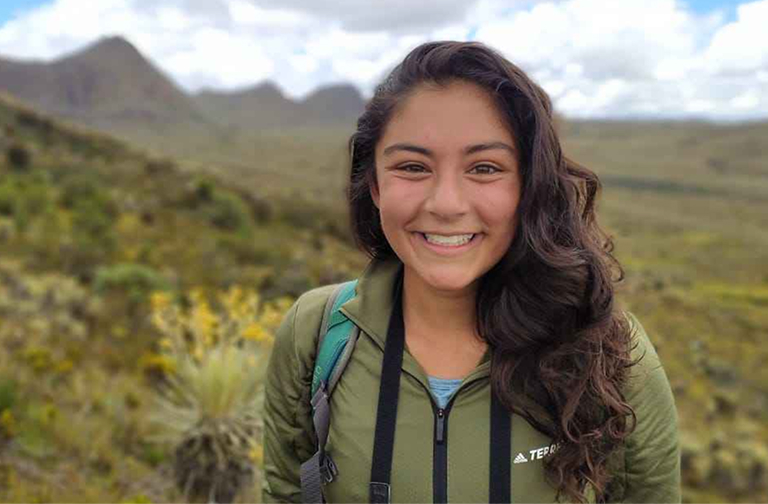
Knowledge co-production and science communication
Dalia Maeroff studies how communities collaborate to address environmental challenges at the local level, focusing on the social dynamics, values, and knowledge systems that shape collective action. She aims to understand how partnerships between communities, scientists, and institutions can foster more just and sustainable solutions.
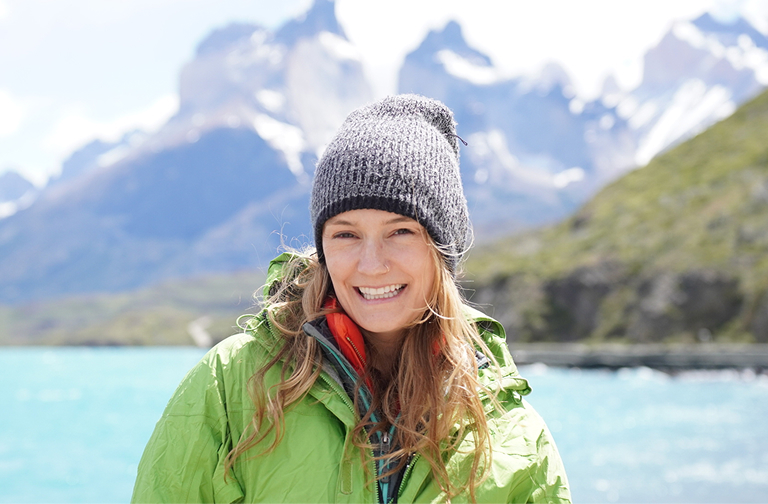
Ecological resilience and nature-based solutions
Rebecca Snyder aims to advance understanding and decision making at the nexus of climate change, biodiversity and societal wellbeing through nature-based solutions that prioritize ecological resilience, particularly in cross-disciplinary biodiversity and stewardship efforts for ocean ecosystems.
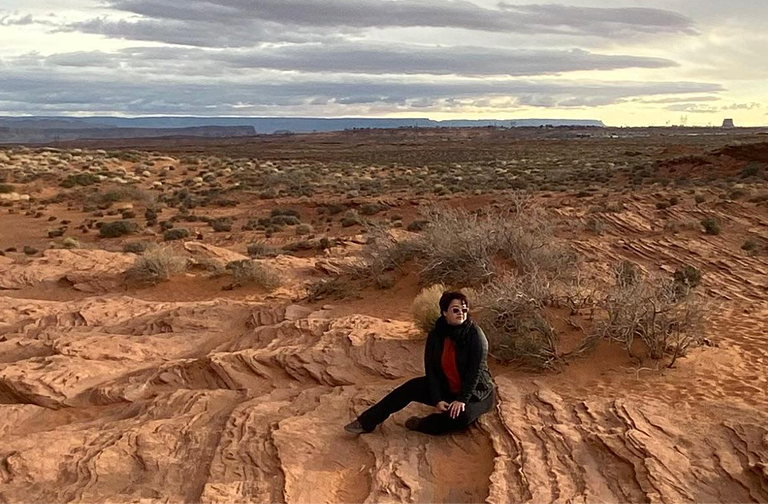
Community-based conservation and bioeconomy
Lísley Gomes collaborates with communities in the Amazon rainforest to provide bottom-up solutions for social and biodiversity crises through policy and bio-economy strategies, supporting a people-centered approach to conservation.
Prospective students
Our work in the Conservation Innovation Lab consists of theoretically and practically driven conservation work in a variety of systems. We are a diverse group and our lab has supported undergraduate and graduate students pursuing degrees across a wide range of disciplinary programs.
Students from all backgrounds and fields are encouraged to join the lab, and are encouraged to pursue research questions and projects with a great degree of flexibility and independence. The lab does not directly fund students, but affiliated faculty often have research positions available, and we regularly share resources and opportunities with affiliated students.
We encourage interested PhD students to explore these programs:
- Biology and Society
PHD Program - Environmental Life Sciences
PHD Program - Environmental Social Science
PHD Program - Sustainability
PHD Program - Applied Mathematics in the Life and Social Sciences
PHD Program - Human and Social Dimensions of Science and Technology
PHD Program
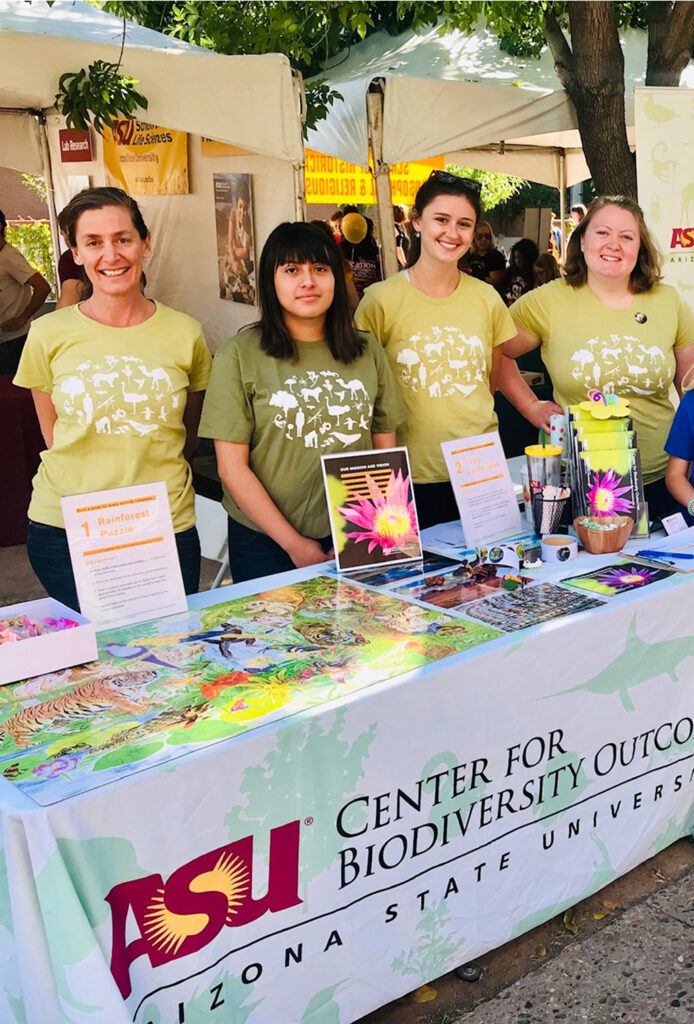
Get in touch with the Conservation Innovation Lab
Have a question? Looking for more information on how to get involved with the lab? Contact us!
